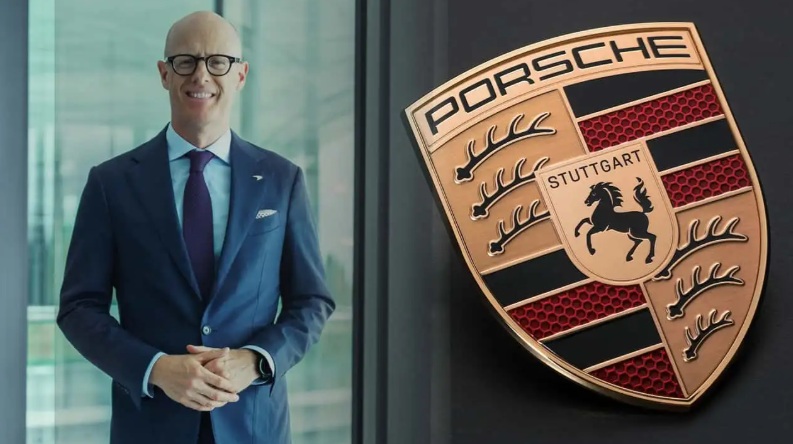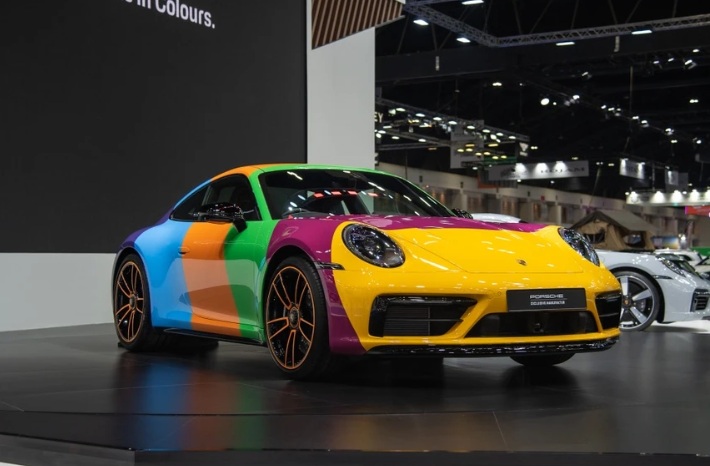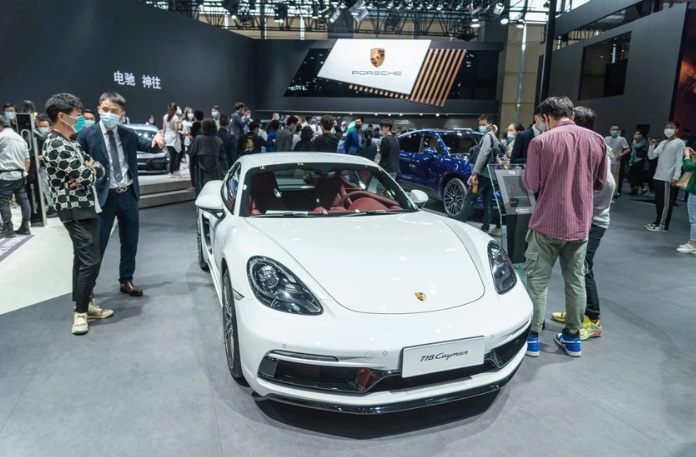After months of internal pressure and growing investor dissatisfaction, Porsche AG has officially announced a change in its top leadership.
Oliver Blume, who currently serves as CEO of both Porsche and the Volkswagen Group, will step down from his executive role at Porsche.
According to a statement from Porsche’s Supervisory Board, both parties are negotiating an early termination of Blume’s term, described as “voluntary and mutually agreed.” His successor will be Michael Leiters, former CEO of McLaren Automotive and a seasoned Porsche veteran with over a decade of experience at the company.
This decision marks a strategic turning point for Porsche, as the iconic sports car brand faces significant financial and developmental challenges.
Once among the world’s most profitable automakers, Porsche has recently experienced a notable decline. Its primary profit source, the Chinese market, is shrinking, while export tariffs to the U.S. are rising. Additionally, the transition to electric vehicles has driven costs higher, particularly after the company invested $2.1 billion (€1.8 billion) in its global electrification plan.
Porsche’s operating profit margin for 2025 is projected to fall to just 2%, its lowest in years. This has alarmed shareholders and intensified pressure on the leadership, especially as Oliver Blume juggles dual CEO roles at Porsche and Volkswagen Group.
Investors argue that this dual responsibility has diluted Porsche’s strategic focus, slowing decision-making during a critical period requiring agility and concentration in the electric vehicle era.
At 54, Michael Leiters is no stranger to Porsche. He spent 13 years at the company from 2000 to 2013, holding key positions in product development. Leiters is credited as the technical architect behind the Porsche Cayenne, a controversial yet groundbreaking SUV that boosted Porsche’s sales and expanded its global customer base.
After leaving Porsche, Leiters served as Chief Technology Officer (CTO) at Ferrari, where he led critical engineering projects and contributed to the development of high-performance hybrid vehicles.
In 2022, Leiters became CEO of McLaren Automotive, steering the British supercar brand through a crisis. Under his leadership, McLaren launched the 750S, successor to the 720S, and the Artura hybrid, marking a shift toward electrified technology.
With extensive experience at three of the world’s leading performance brands—Porsche, Ferrari, and McLaren—Michael Leiters is widely regarded as the ideal candidate to restore Porsche’s position during this turbulent period.
Porsche’s Supervisory Board highlighted that Leiters brings “deep brand understanding, exceptional technical expertise, and a global perspective,” qualities expected to revive Porsche’s growth and strategic independence.
If negotiations are finalized, Michael Leiters will take over Porsche AG, while Oliver Blume will continue as CEO of Volkswagen Group. This move is seen as a crucial step to fully separate the leadership roles, ending a controversial management model that has persisted for two years.
This separation not only strengthens Porsche’s autonomy but also demonstrates Volkswagen Group’s commitment to restructuring its brand portfolio to align with global electrification and globalization trends.
The CEO change signifies more than a personnel shift; it reflects Porsche’s comprehensive effort to reboot after a period of stagnation.
Michael Leiters’ return as leader is expected to open a new chapter for the 91-year-old brand, aiming to restore Porsche’s legacy as a symbol of performance, sophistication, and profitability in the luxury sports car market.
TH (Tuoitrethudo)











































